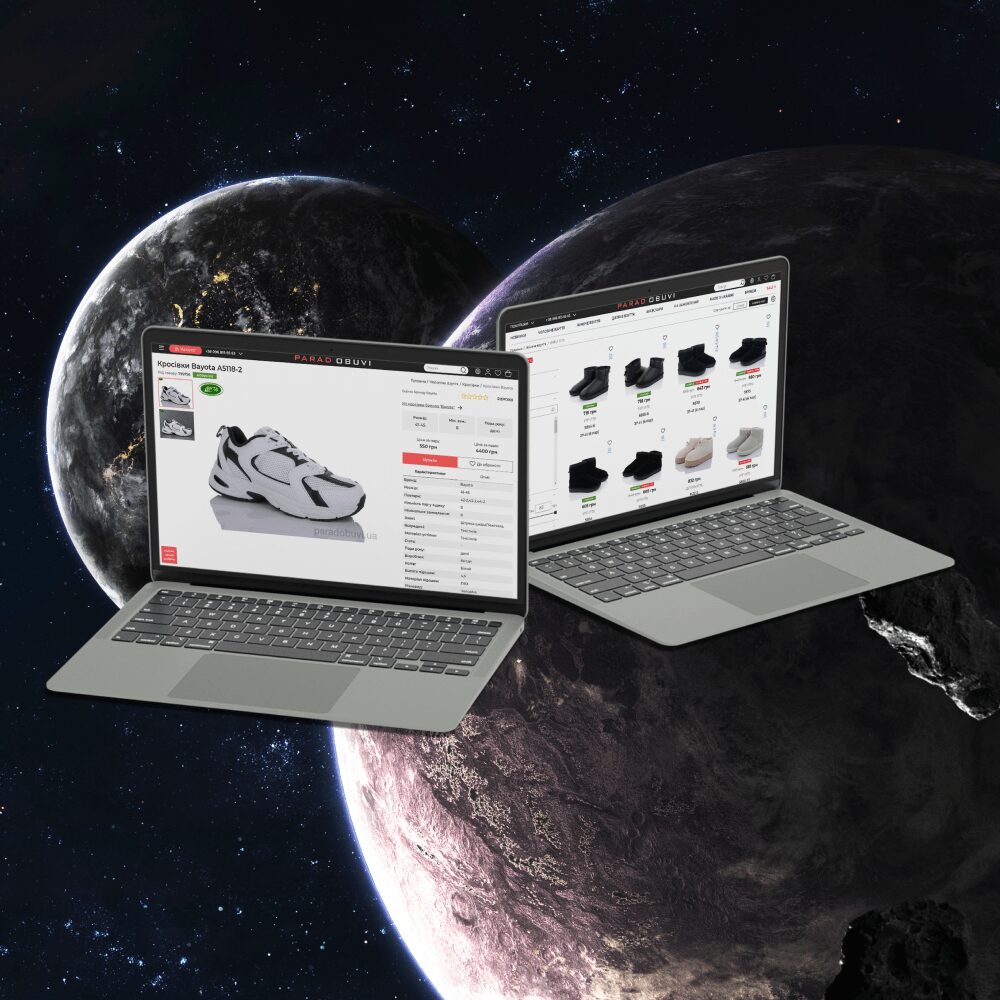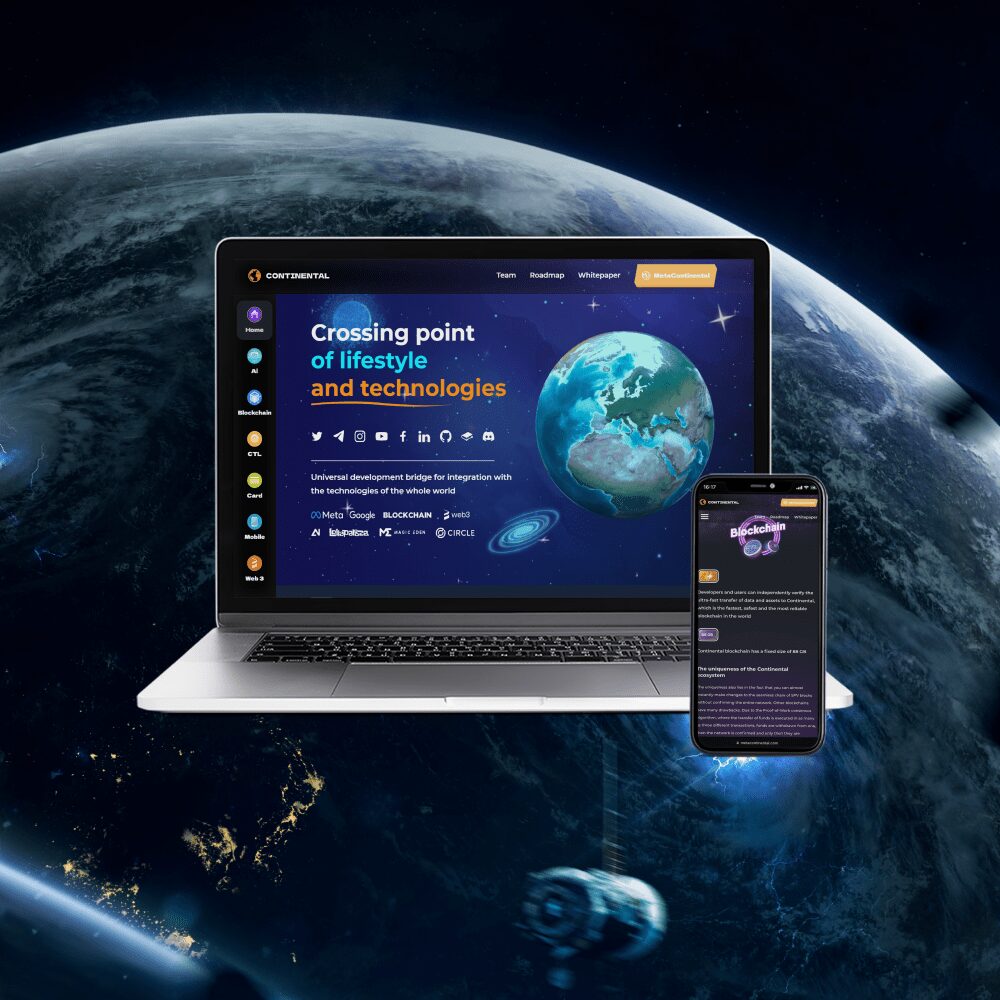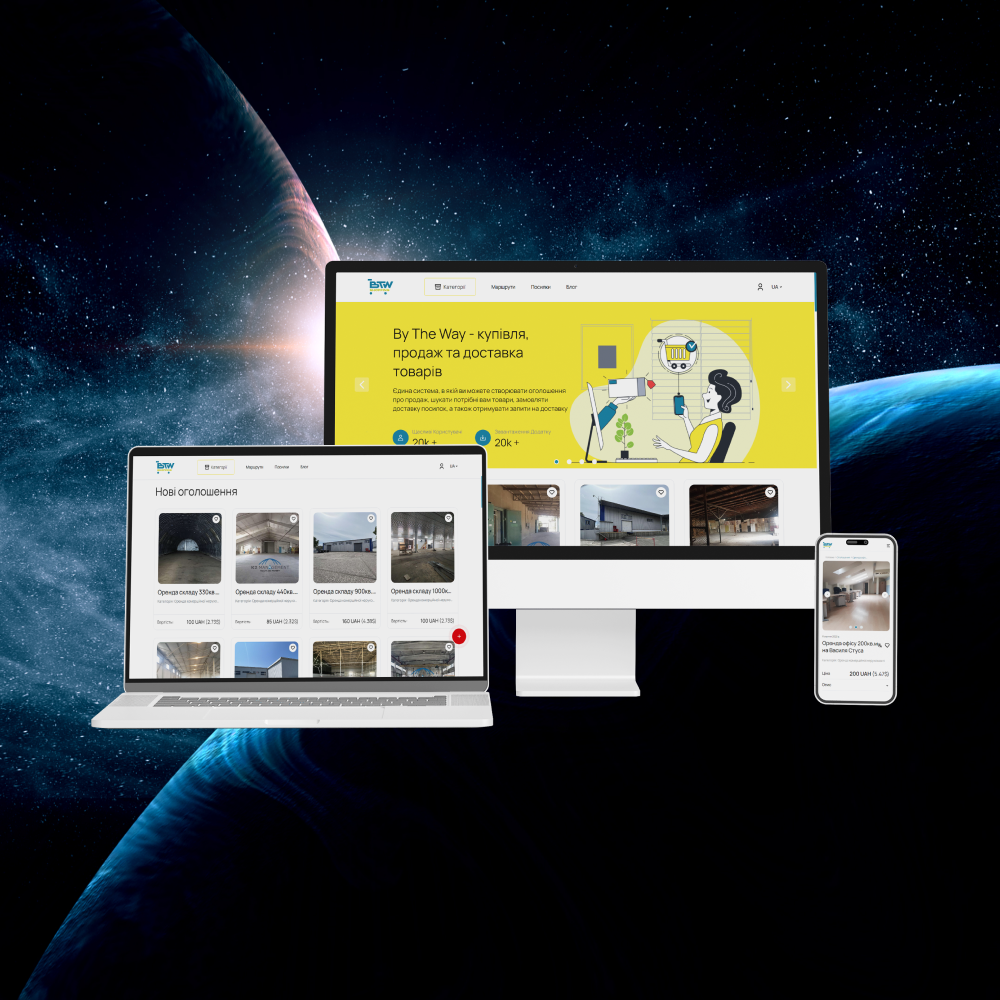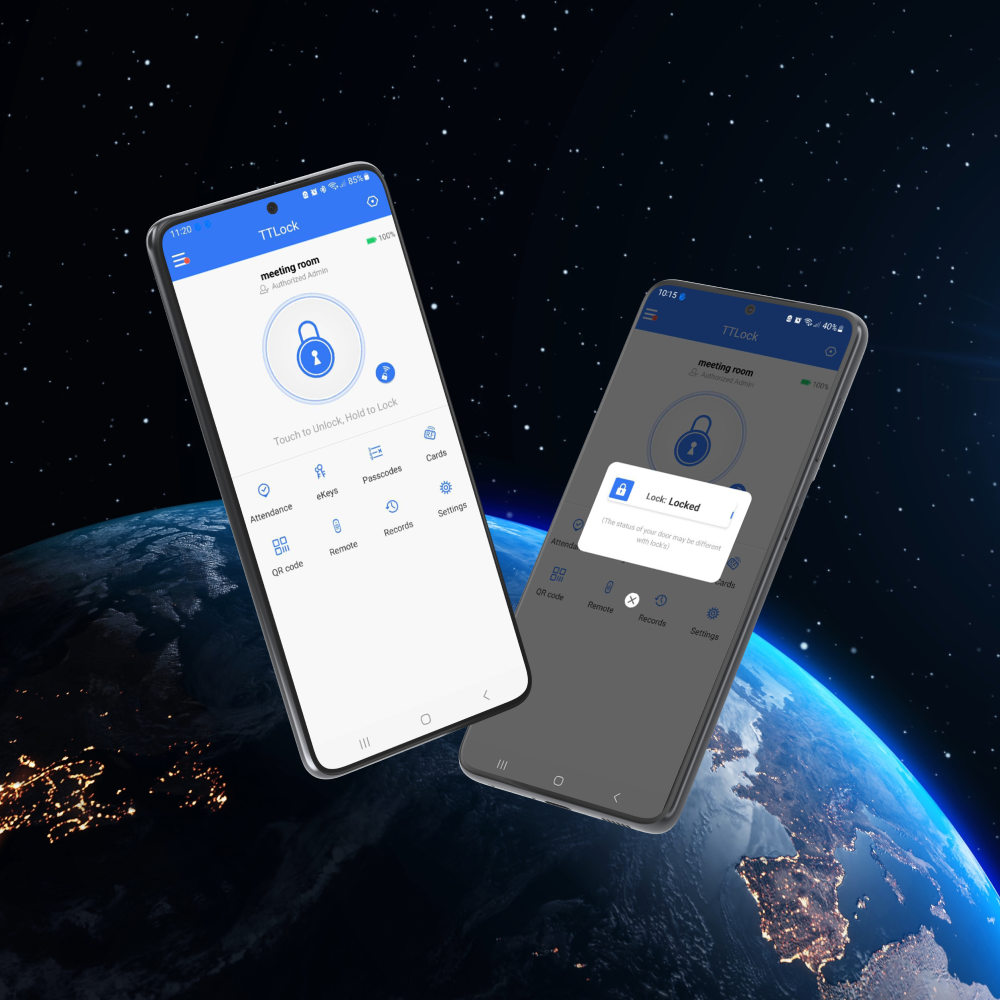Django or Laravel: 2 frameworks - one business solution
What is the best framework to choose
Django vs LaravelWhat is the best framework to choose Django vs Laravel
Django comes out ahead in terms of a large number of components that do not need to be written from scratch. That said, what’s the best choice for development? How did these frameworks come to be, what are they better suited for, and why did Instagram and NASA choose Django and Vogue and BBC choose Laravel for development?
What you need to know about Django framework
What is Django?What you need to know about Django framework What is Django?
Django is a high-level Python-based web framework. The very first versions of this framework were used to manage the content of the Lawrence Journal-World newspaper. Therefore, to solve these problems, the framework was based on tools and components that automated typical website tasks:
- query routing
- database management
- user authentication and much more.
This generally defined the basic “philosophy” of the framework: “Make complex web applications easy to develop and maintain by following the principles of Don’t Repeat Yourself (DRY).”.
Because the first use of the framework was as “one of many” content management systems (CMS), Django has earned that status.
But if you take a broader view, Django solves a lot of problems with dynamically modified data and is great for setting up rules in filtering systems.
That’s why it’s still being used to create complex verification systems, as well as for various computations and machine learning. And all this is thanks to Django’s base – the Python language.
Why was Python chosen as the foundation for the Django framework?
Python was chosen as the foundation for Django because it is a programming language:
- Has a concise syntactic structure, making it easy to write and maintain code.
- Supports rapid development due to its high-level syntax and many built-in libraries.
- Has a rich standard library and many third-party libraries to extend Django’s functionality.
- Has an active and growing community of developers.
Therefore, to consider the features of Django can not be considered in isolation from Python, because this framework inherits a number of features of its “base”.
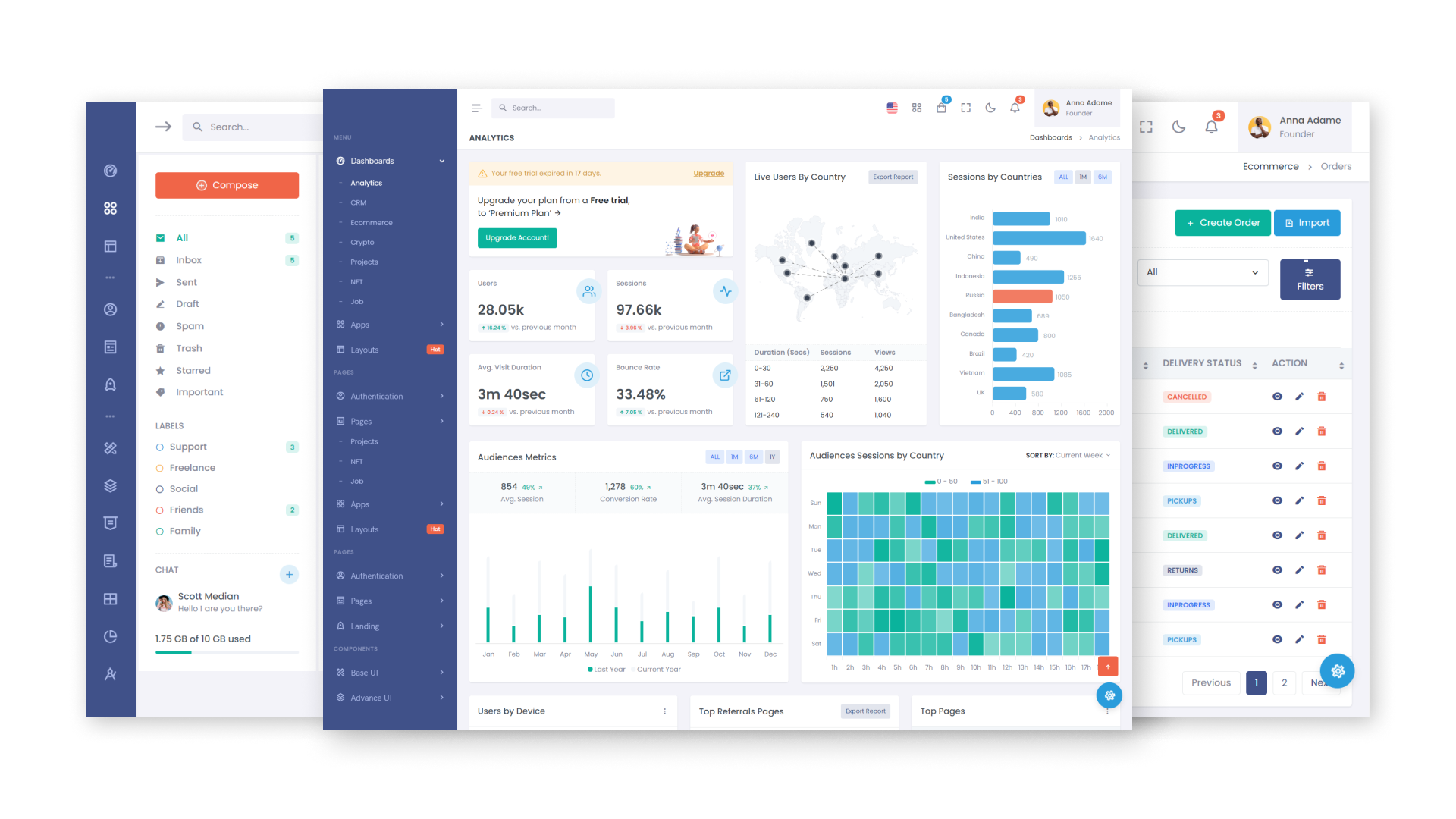
Main features of Django framework
Django - a tool for quickly building reliable and secure web applicationsMain features of Django framework Django - a tool for quickly building reliable and secure web applications
Django saves developers time, which is why Dropbox, Reddit and Instagram use this framework in their flagship products, but besides that Django:
- Has a developed ecosystem thanks to the large number of third-party applications that can be used depending on each specific project. Django library has a lot of typical blocks, as in a Lego constructor: authorization block, E-mail subscription, interactive feedback forms and others. Web applications made on Django consist of such blocks.
- Wide community. For 16 years on the market this framework has been improved, transformed and changed, and thousands of sites and applications have been created on its basis. So if a developer has a problem in solving a task, most likely someone else has already solved it and written a detailed solution.
- An admin panel that is generated automatically when the application is created. Yes, a batch solution will not solve highly specialized tasks of a site or application, but with the help of the same blocks, the console can be customized for a custom project.
4. SEO-friendly. In general, applications created in Python are considered SEO-friendly, but Django has gone further and generates semantic URLs in the application, or as it is commonly said among SEO experts CNC (human-understandable urls). In addition, there is a wide list of Django applications that can be added to your site and increase the ranking of your site in search engine results. In addition, Django has:
- Built-in encryption methods
- Huge amount of technical documentation
- Rapid development of language localizations without the need for separate development of each page
- Compatibility with all operating systems
- Convenient work with various databases
And this list can be extended to infinity, but the main thing to know about this framework is that it is a great tool for quickly creating reliable and secure web applications. It is more suitable for projects that are Python-oriented or contain complex server-side logic: content management systems (CMS), E-Commerce, educational platforms and LMSs, and so on.
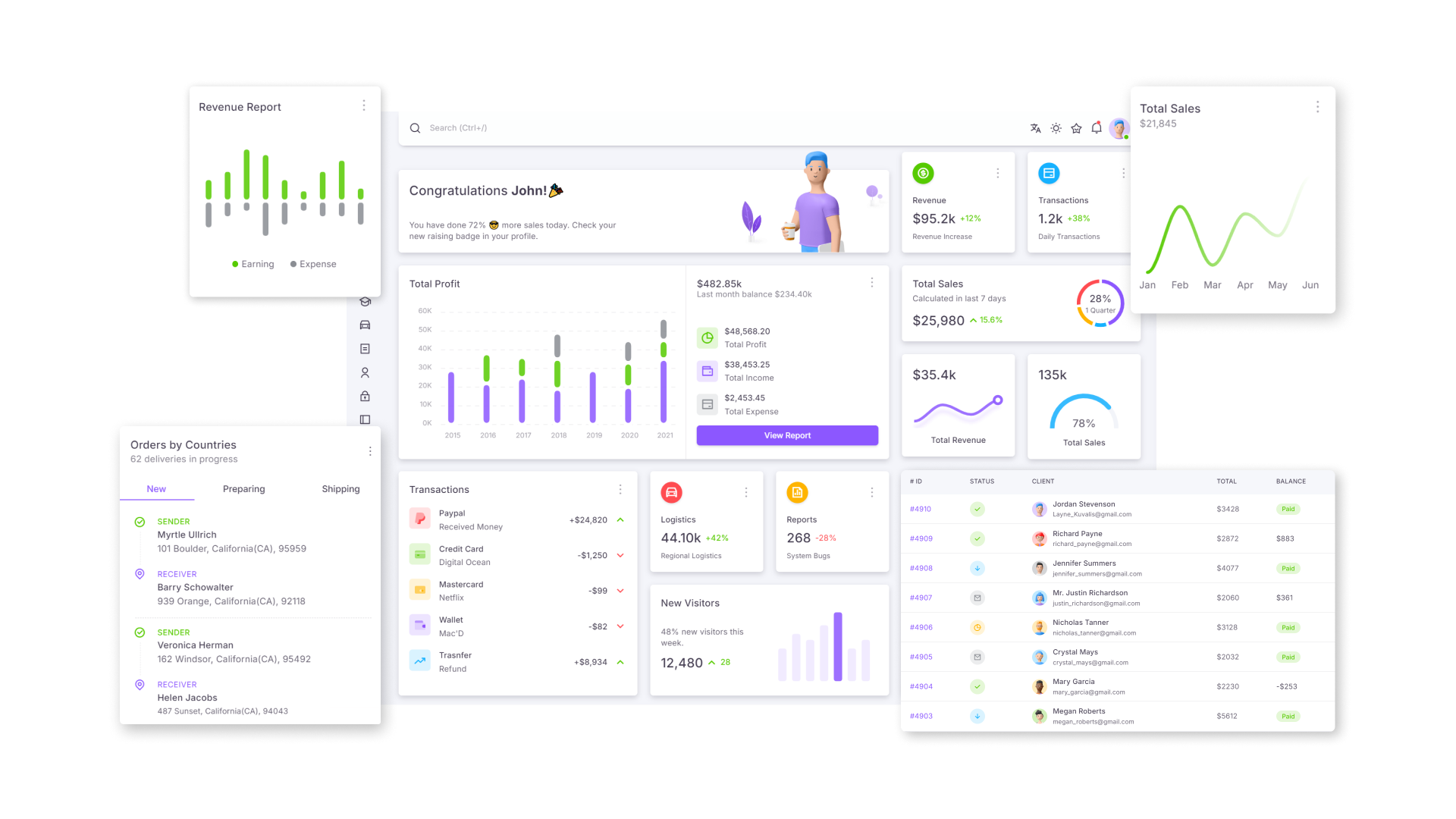
What is Laravel? And how it differs from Django
What you need to know about Laravel frameworkWhat is Laravel? And how it differs from Django What you need to know about Laravel framework
Laravel is a framework for rapid development based on PHP. It was also created as a response to the need for fast and easy development, but with a small specificity.
Laravel is used more for building backend web applications and websites based on MVC (model-view-controller) architecture, which is an architectural pattern that divides an application into three main components:
Model:
- Responsible for managing data and business logic.
- Performs the interaction with the database.
- Contains rules for data processing.
View:
- Responsible for displaying data to the user.
- Represents the user interface.
- It receives data from the model and displays it in a user-friendly way.
Controller:
- Processes user requests.
- Interacts with the model to retrieve or modify data.
- Passes the data to the view for display.
Using this architecture makes the code much cleaner and separates the work of frontend and backend developers.
In addition, Laravel provides full stack development capabilities using PHP in conjunction with Livewire, and JavaScript to create user interfaces using React or Vue through Laravel Inertia. Laravel also allows you to build APIs for applications written in Next.js.
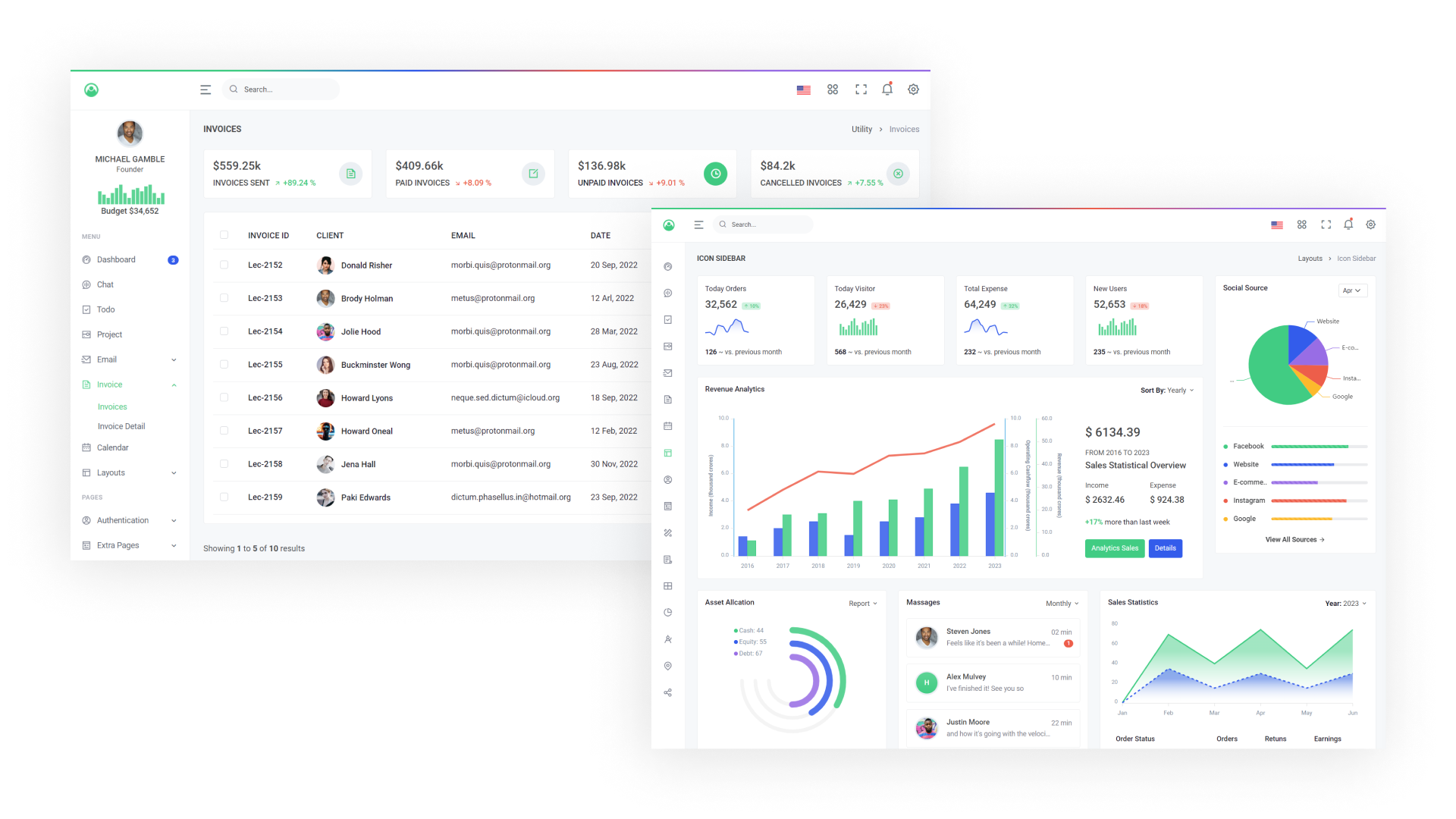
Laravel framework features
FunctionalityLaravel framework features Functionality
Since it is a free open source framework that is widely used for web application development around the world, Laravel in a stack offers an out-of-the-box solution that already has:
- Function and block documentation.
- Artisan console to automate and simplify work with databases, generate code, set up authentication and authorization, run tests, and so on.
- Eloquent ORM for working with databases in object-oriented style, which makes the code more understandable and easy to manage.
- The Blade template engine in Laravel is used to create dynamic and readable HTML templates, simplifying the process of developing user interfaces.
- User authentication with Laravel Passport and Laravel Socialite packages using APIs of other applications and using OAuth standard.
And this is not an exhaustive list. There are more custom features that include routing and MVC, caching and others. But to summarize, Laravel’s functionality makes it well suited for developing various web applications, from blogs and websites to large enterprise systems and complex dynamic platforms.
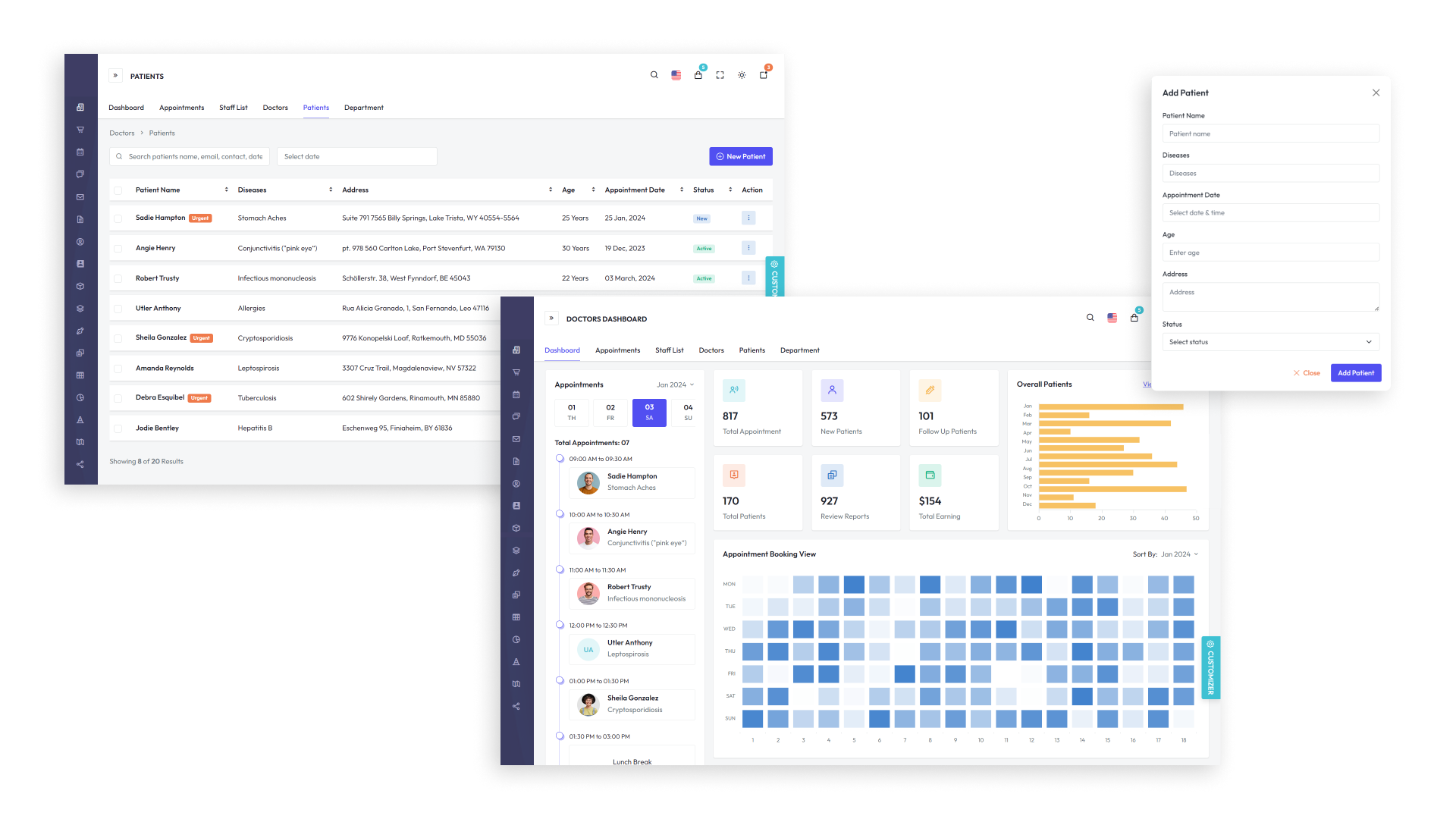
Key differences between Laravel and Django
Laravel vs DjangoKey differences between Laravel and Django Laravel vs Django
Laravel is better suited for projects where PHP is the preferred language and flexibility in development and integration is required. Good for rapid development of web applications and APIs.
Django is ideal for projects that require high security, scalability and use of Python language. Suitable for building complex and scalable web applications as well as APIs.
Now let’s take a closer look at the details:
Architecture.
Laravel built on MVC (Model-View-Controller) implies a clear separation of application logic, UI and data, which makes developing applications and websites much easier. Django also uses the MVC architecture, but with its own term “MTV” (Model-Template-View), which provides similar benefits. However, Django is stricter in its conventions, which speeds up development but sometimes limits flexibility.
Time to market.
Laravel offers many tools and out-of-the-box solutions, such as Laravel Forge and Laravel Vapor, that simplify application deployment and management. Django, on the other hand, offers a quick start with its powerful admin interface and built-in features for typical tasks such as authentication and content management.
Security.
Among developers, Django is considered a more secure solution due to its built-in defense mechanisms against typical web vulnerabilities such as XSS and SQL injection.
Laravel also offers many security tools, including CSRF protection and SQL injection protection, but often requires additional customization.
Scalability
Laravel, thanks to its modular architecture, asynchronous programming, and caching, allows applications to scale efficiently. Django, with its rich ecosystem and ability to handle large amounts of data via ORM, also provides excellent opportunities to extend applications and add new features.
In this case, the choice often depends on the requirements of the project and the infrastructure on which the solution will be deployed.
Deployment
Many out-of-the-box solutions and a batch system facilitate rapid development of functionality. Django, with its all-inclusive philosophy, also enables rapid application development by providing out-of-the-box tools for most common tasks.
Support and documentation
Support and documentation are critical aspects for any developer. Laravel is known for its “concise” documentation as well as its active community. Django also boasts excellent documentation and a strong community, making it a great choice for developers who need support and quick problem solving.
In summary, both frameworks have their strengths and can be utilized effectively depending on the specific needs of the project. The choice between Laravel and Django should be based on the requirements of your project.
AVADA MEDIA will help you realize the full potential of your business
Development by AVADA MEDIAAVADA MEDIA will help you realize the full potential of your business Development by AVADA MEDIA
For more than 10 years we have been realizing ambitious projects of our clients, using the most optimal solutions based on the price-quality ratio. With this approach to development, we use the maximum range of tools to solve the problem that best meets the client’s requirements and expectations.
The result of this approach is always a competitive digital solution that can be easily modified and extended when needed.
Django and Laravel are two excellent frameworks that are very similar in their application, but differ in architecture, design and working methods. That said, the choice between the two should be based on specific business needs.
Django provides faster development and powerful security technologies, making it a great choice for many projects. Laravel, on the other hand, offers more flexibility and customizability, which can be important for applications with unique requirements and complex functionality.
Fresh works
We create space projectsFresh works
The best confirmation of our qualifications and professionalism are the stories of the success of our clients and the differences in their business before and after working with us.
Our clients
What they say about usOur clients What they say about us
Successful projects are created only by the team
Our teamSuccessful projects
are created only by the team Our team




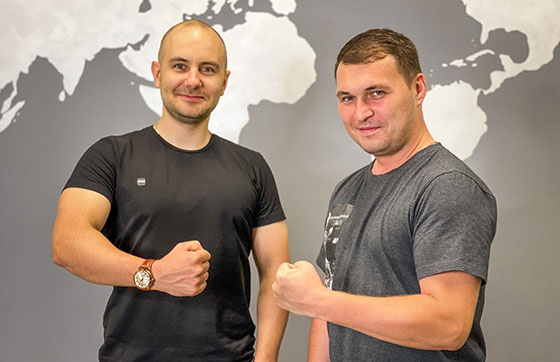







Contact the experts
Have a question?Contact the experts Have a question?
-
Phone:+ 38 (097) 036 29 32
-
E-mail:info@avada-media.com.ua

